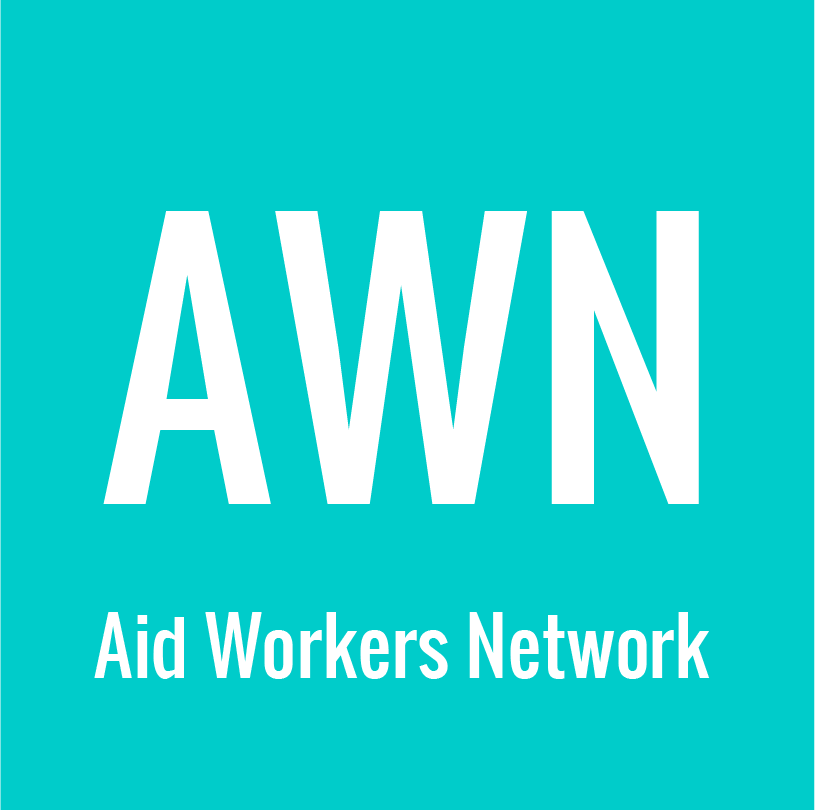AWN talked with Hanadi Hamawi, a financial management specialist with Catholic Relief Services in Lebanon. Through Catholic Relief Services’ PEER initiative, Hanadi has worked with local and national organizations to help them do what they do better.
AWN: Your work has been helping local and national NGOs to improve their financial management. Can you tell us about one of these organizations?
Hanadi: There are a lot of stories. There was one organization whose finances were managed by a private accounting company that was located elsewhere. The organization wanted to move the finance and accounting functions into their office.
AWN: Why did they want to do that?
Hanadi: Not having control of their finances made their work more difficult and less efficient. For example they were not able to create their own financial reports. Each time they needed a report they had to wait for the private accounting company to provide it. It was also difficult for them to deal with donor requirements because they did not have direct access to their own data. They would pull the data requested by donors from different reports and combine it, which took a lot of time. After working together, they now have direct access to their own financial data and they can ask for any kind of report by donor, cost center, activity, and such.
AWN: That sounds like a positive change but there must have been challenges. Are there problems that are common among organizations?
Hanadi: There are three. The one I see most is a lack of professional finance staff because of the cost, especially for local NGOs. What I do is work with the staff already at the organization to improve their capacities. I do my best to help them think in a different way. After these coaching sessions you can see a change in the way they manage their time and the processes they use.
AWN: That sounds like a practical approach. What about the other two challenges?
Hanadi: The second challenge is lack of segregation of duties. Often there is not enough staff so the same person receives the money, pays the money, and reconciles the accounts. This is not healthy. An account should be prepared by one person, controlled by another person, and approved by a third person.
The third challenge is lack of documentation. For example, I might ask if the organization received three quotes for a particular good or service. They might tell me yes but when I ask to see those quotes I might be told that the quotes were done by phone or that they do not have the quotes right now. Or if I ask who approved payment to the supplier I might be told that the director approved the payment but only verbally, which means there is no signature of approval.
AWN: How do you help organizations get from where they are to where they want to be?
Hanadi: There are four main steps with all organizations. First we write down in detail the organization’s financial workflow. When we see things it is easier to check whether they are efficient, what should be done, and where to start.
Second, we focus even deeper on the financial components of each department, from booking to the accounting software. We also ask the management team and the program teams, separately, what financial reports they need. Usually we have organized the data at the start, so we can test whether we can provide the reports. If we cannot do that, we know there is a problem.
AWN: What happens after that?
Hanadi: For step three we focus on the areas we identified for improvement in steps one and two. We write financial management policies and procedures, for example cash management, procurement, and budgets. By creating clear work systems we can oblige staff to address issues like documentation and segregation of duties. This is also when I work with staff to improve their financial management capacities. We also assess the accounting software to make sure it can generate the necessary reports.
AWN: And the last step?
Hanadi: The last step is implementation of the new policies and procedures. It is nonsense to write the policies if we will not implement them. We also monitor on a monthly and quarterly basis to make any changes necessary to meet the organization’s needs.
AWN: What questions should an organization that is trying to do a self-assessment ask?
Hanadi: Key questions that should always be asked are:
- Is the organization current on financial data?
- What reports does it need?
- Does it have those reports?
- Are the reports taking a lot of time to create?
- Is there a finance checklist that staff abides by?
- Is that checklist accurate?
AWN: Are there resources available for organizations to help them assess or improve their financial management?
Hanadi: Many NGOs do not even know what reports they need to have, which means they have difficulty providing them in an accurate and timely manner. Organizations should start with steps one and two above and do the self-analysis. As for resources, Catholic Relief Services resources are good but for those who do not have access to them, MANGO is also good. There are a lot of websites that discuss financial management in many languages. Make sure you do a lot of research – don’t rely on one resource – and customize the tools you find to your organization’s needs.
Systems Matter is a series of posts on the systems – financial, human resource, volunteer management, and more – of humanitarian and development organizations. AWN believes that good systems are necessary for organizations that want to do well by their staff and the communities they serve.



